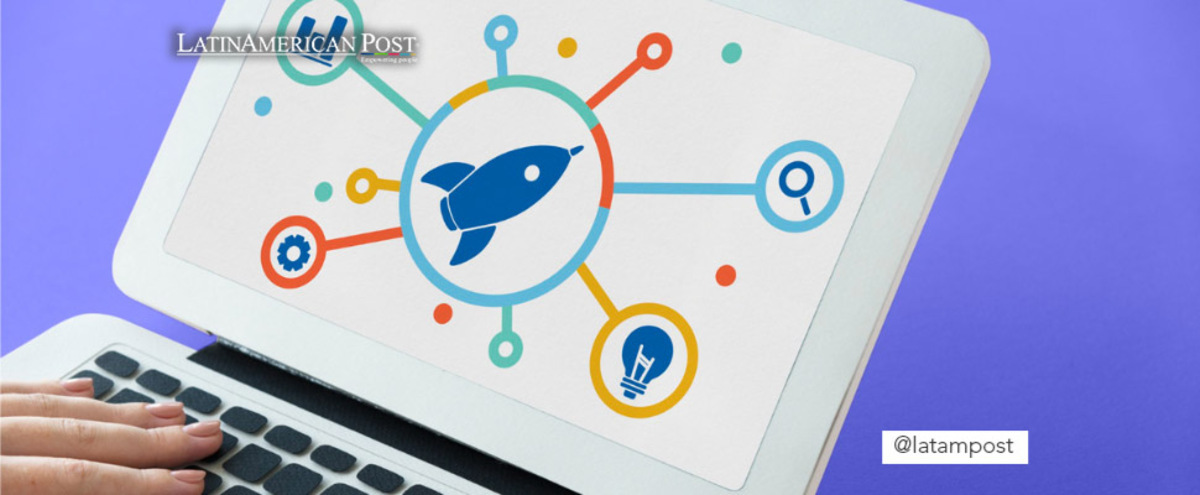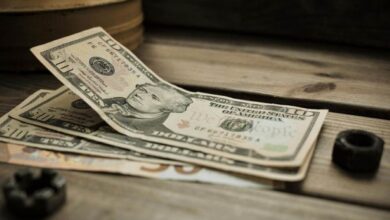What is a Unicorn Startup?
If you don't like to leave your business to chance, you can also choose to invest in startups. And if you want to fully “secure” your investment, you should choose unicorn startups.

Michael Jones
Escucha este artículo
You have many options for getting rich: for example, you can play roulette online and increase your winning potential by using a good bonus (we recommend checking out the online Vegas casino). However, if you don't like to leave your business to chance, you can also choose to invest in startups. And if you want to fully “secure” your investment, you should choose unicorn startups: if you make the right choices, you will be able to make incredible profits. So, what is a unicorn startup and what are its most successful examples? You can find the answers to these questions below.
The Definition of a Unicorn Startup
We know that venture capitalist Aileen Lee first used this term, but we do not know why she chose the “unicorn”: you should ask her. In any case, two conditions are required for a startup to be a unicorn:
-
Must be a privately held startup company;
-
Its value should exceed $1 billion.
All startups that meet these two conditions are called “unicorns”. Their numbers are more than you might think: A report by CB Insights shows that as of 2021, there are 779 unicorn startups around the world. In fact, even the term unicorn is insufficient nowadays, and the term “decacorn” is used for startups with a value exceeding 10 billion dollars. In case you're wondering, there are 31 companies that fit the definition of decacorn.
The Short History of Unicorns
The history of unicorn startups goes back to the 1990s because Google, which fits this description, was founded in the late 90s. Today, its value exceeds 100 billion dollars. However, there are two periods that are important for unicorn companies: the beginning of the 2000s and the after-2015. Most of today's gigantic companies emerged during the "dotcom bubble" of the early 2000s: Facebook is the most famous of them all. Everyone who invested in Facebook in those years has become a billionaire today. After 2015, everyone started looking for a new Facebook and more investments were made in startups. This is the reason why most unicorns emerged today. Although some analysts say that too much investment is made with too much expectation, and this may trigger a new crisis, one thing is for sure: the number of Unicorn startups continues to increase day by day.
Examples to Most Successful Unicorns
Here are some examples of the most successful unicorn startups today:
OutSystems
|
Value |
9.5 billion USD |
|
Backed By |
KKR, ES Ventures, North Bridge Growth Equity |
You can think of OutSystems as a kind of low-code platform. Designed for enterprises, this platform enables the development of both mobile and web applications. These applications run on the cloud. The platform also has a free version with limited features. The most important feature of the platform is that it shortens the time required to develop applications, thus saving time & money.
Service Titan
|
Value |
9.5 billion USD |
|
Backed By |
Bessemer Venture Partners, ICONIQ Capital, Battery Ventures |
Service Titan is a cloud-based CRM application. It aims to enable enterprise-level companies to manage their operations from a single center and to automate their customer service almost completely. Don't think of it like Amazon's Customer service: the biggest customers for this app are power companies. As soon as an outage report is received, Service Titan can automatically assign the closest technical team to resolve that issue, allowing them to access company resources while in the field.
Heytea
|
Value |
9.28 billion USD |
|
Backed By |
Sequoia Capital China, Tencent Investment, BA Capital |
If you're wondering how a tea company became worth more than $9 billion, let's say it's a type of “Starbucks”. The brand now owns one of the largest chain stores in Asian countries and indeed operates like Starbucks but sells tea instead of coffee. The company also plans to expand into Western countries and is already backed by some of the biggest investors in the market.
Riovant Sciences
|
Value |
9.09 billion USD |
|
Backed By |
SoftBankGroup, Founders Fund |
Gene therapies, cellular therapeutics, medical dermatology, RNA-based therapeutics: Riovant basically develops technology for these scientific areas. The difference from other health-based unicorns is that it truly develops new drugs: almost all other companies only produce medical devices. Riovant, on the other hand, is trying to treat diseases such as cystic fibrosis, pulmonary arterial hypertension, and prostate cancer. There is even a drug it has developed for COVID-19 (gimsilumab), and this drug is currently used in the US. The company is currently conducting more than 40 drug studies, many of which are backed by major investors as they are quite promising.





